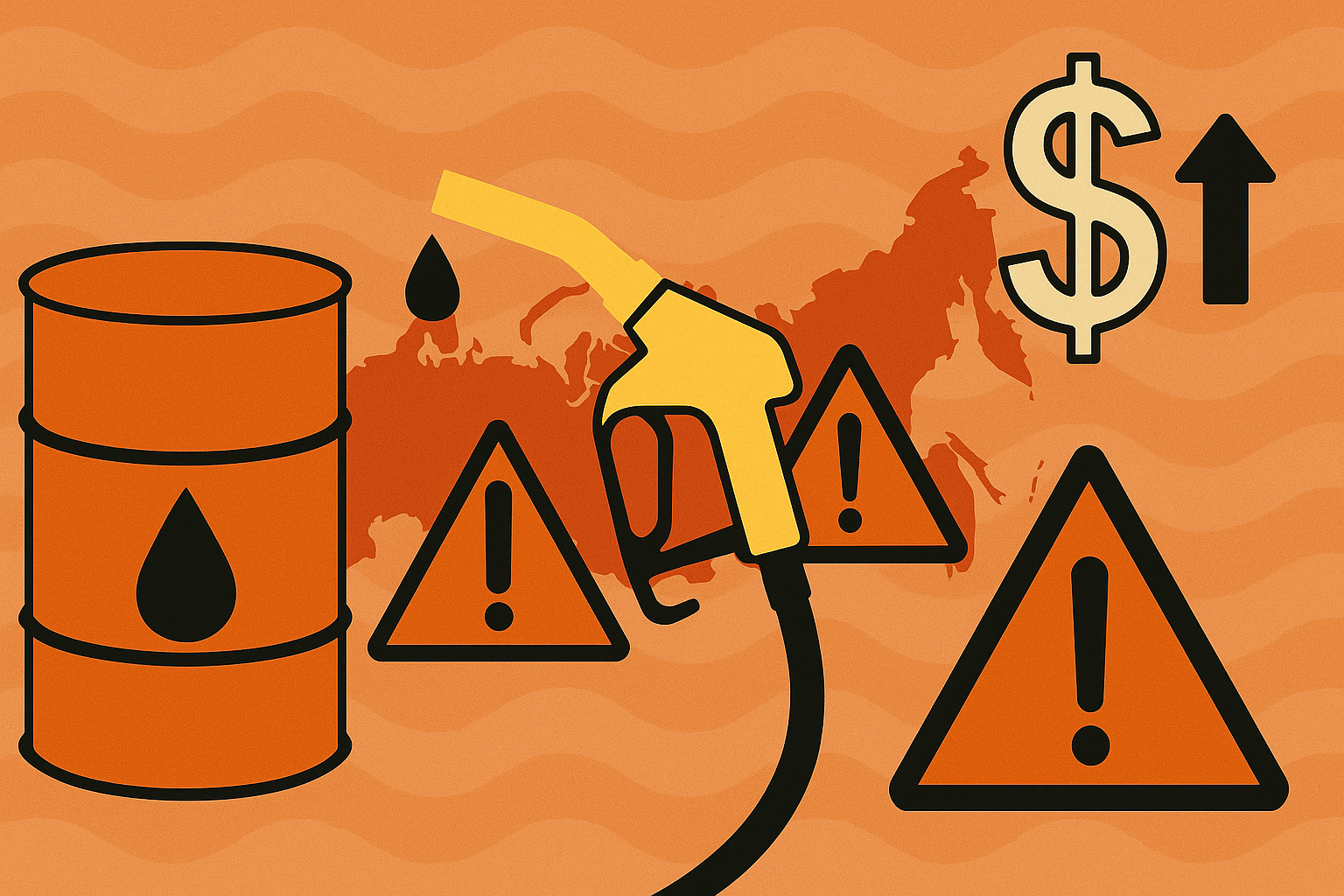Europe’s fuel supply stability and thousands of jobs could be at risk if regulators block Gunvor’s proposed $22 billion acquisition of Lukoil’s overseas assets, the Swiss commodities trader’s chief executive has warned. The deal, which includes refineries, petrol stations, and oilfields across several continents, would significantly expand Gunvor’s global footprint but has raised scrutiny over its financing and possible links to Russia.
A Strategic but Controversial Acquisition
Gunvor aims to purchase Lukoil’s Bulgarian and Romanian refineries, retail fuel networks in Europe and the U.S., and upstream oil and gas assets spanning the Middle East, Central Asia, and Africa. If approved, the acquisition would elevate Gunvor into the upper tier of global commodity traders alongside Vitol and Trafigura.
However, with new U.S. sanctions on Rosneft and Lukoil taking effect on November 21, Gunvor’s chief executive Torbjörn Törnqvist urged regulators in Washington, London, and Bern to issue the necessary permits quickly.
“The magnitude of this deal needs regulatory work. It cannot be completed in two weeks,” Törnqvist said. “Lukoil’s international operations are paralysed. A lot of jobs are at stake and refining capacity could be very disrupted.”
The urgency stems from Lukoil’s dominance in key markets. Its Burgas refinery supplies over two-thirds of Bulgaria’s fuel, while its Petrotel facility in Romania accounts for about a third of national refining capacity.
Financing Questions and Speculation
The deal’s speed and scale have surprised the energy sector, with some rivals questioning how Gunvor—valued at $6.6 billion in mid-2025—can finance such a large transaction. Insiders suggest the deal could employ an “earnout” model, where Lukoil’s proceeds are held in escrow until sanctions are lifted, allowing Gunvor to use earnings from the acquired assets for gradual repayment.
Others believe Gunvor might act as a temporary custodian for Lukoil’s assets until geopolitical conditions improve. “There will be a buyback clause, though it may not be written into the official documents,” one Russian energy consultant said.
Törnqvist denied any hidden arrangements or financial recklessness. “Lukoil would not engage with us if they did not think we could do it,” he said, emphasizing that all transactions would require full regulatory approval.
A Test of Gunvor’s Post-Russia Image
The acquisition has reignited debate over Gunvor’s past ties to Moscow. Founded in the late 1990s by Törnqvist and Gennady Timchenko—a close ally of President Vladimir Putin—Gunvor once handled more than a quarter of Russia’s seaborne crude exports.
In 2014, following Russia’s annexation of Crimea, the U.S. sanctioned Timchenko and alleged Putin had financial interests in Gunvor—claims the company dismissed as “outrageous.” Timchenko sold his stake that year, and Gunvor has since divested almost all Russian operations, retaining only a non-controlling 26 percent share in the Ust-Luga oil terminal near Estonia.
Gunvor maintains that Timchenko played no role in the Lukoil negotiations. “Gennady Timchenko has had zero involvement with Gunvor since 2014,” a spokesperson said.
U.S. Expansion and Regulatory Strategy
To mitigate scrutiny, Gunvor has deepened its ties in the U.S., where it employs 200 people and manages about 30 percent of its global sales. The company is backed by nearly $3 billion in credit from international banks led by Citibank and recently issued $400 million in bonds to American investors.
An energy banker suggested that Gunvor may seek to reassure Washington by pledging to “firewall off” the new assets under U.S. financial and legal oversight.
A Global Footprint in Question
Lukoil’s international portfolio is vast, valued at more than $22 billion in 2023. It includes a 75 percent stake in Iraq’s West Qurna-2 oilfield, producing 480,000 barrels per day, and a 10 percent share in Abu Dhabi’s Ghasha gasfield. Yet uncertainty looms over whether Lukoil’s partners in these ventures will accept Gunvor as the new owner or exercise pre-emption rights to buy the stakes themselves.
“Gunvor is not the natural owner of these assets,” one banker observed. However, because the purchase targets Lukoil’s holding company rather than individual projects, contractual challenges may be avoided.
If successful, analysts at Welligence estimate the acquisition would make Gunvor a “top upstream player” with operations in nearly 20 countries. Lukoil’s international assets currently produce around 380,000 barrels per day of oil and gas but could reach one million by 2040—roughly a quarter of Shell’s current output.
A Reputational Gamble
While the transaction could transform Gunvor into a global energy powerhouse, it also revives speculation about its historical Kremlin connections. Törnqvist insists the acquisition serves Western interests by severing Russian control over key energy infrastructure.
“We are decoupling assets around the world from a Russian owner to a Western owner,” he said. “Think about that.”
Still, as regulators weigh approval, the deal underscores the fine line between geopolitical necessity and financial risk in Europe’s quest for energy security.








